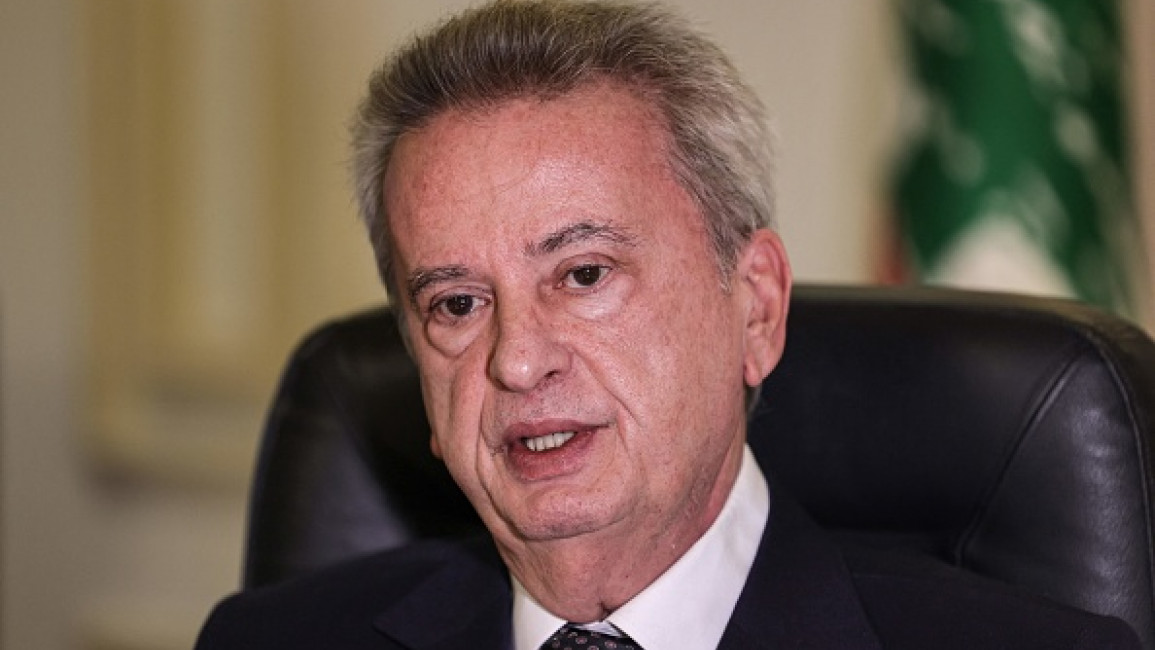Lebanese central bank governor Riad Salameh leaves the post he has held for 30 years on Monday, his legacy stained by the devastating collapse of Lebanon's banking sector and corruption charges at home and abroad, according to Reuters.
Widely viewed as the linchpin of the financial system until it imploded in 2019, Salameh saw his standing crumble as the meltdown impoverished many Lebanese and froze most savers out of their deposits in the once sprawling banking sector.
His image was further tarnished as one European country after another began investigating whether he abused his powers to embezzle a fortune of Lebanese public money.
Salameh has denied wrongdoing, and told Reuters days before his departure that he had "worked according to the law and respected the legal rights of others" during his tenure.
In May, French and German authorities issued warrants for his arrest. Interpol Red Notices declared him wanted by both countries. The one issued at the request of France cites charges including organised money laundering. The one issued at Germany's request also cites a charge of money laundering.
The meltdown in Lebanon followed decades of corruption and profligate state spending by the factions that control the government. Many Lebanese hold Salameh and those factions responsible for the collapse that has sunk the currency's value by 98%.
Defending his tenure in an interview on Wednesday, Salameh said he had been made a scapegoat for the meltdown, saying that the government - not the central bank - was responsible for spending public funds. "I am going to turn a page of my life," Salameh, 73, told broadcaster LBCI.
His final months in office have seen some officials call on him to quit, while others kept silent.
Asked whether Lebanon's politicians had washed their hands of him, Salameh told LBCI: "a long time ago."
"He leaves behind a shattered institution that will have to be restructured given losses of some $76 billion at the BDL," said Nasser Saidi, a former economy minister and central bank vice governor.
Defending his record on Wednesday, Salameh said the central bank had contributed to "establishing economic stability and development" during 27 years of his tenure.
The corruption investigations centre on commissions which the central bank charged banks for the purchase of government securities, the proceeds from which went to Forry Associates, a company controlled by Salameh's brother, Raja.
The Salameh brothers deny diverting or laundering any public funds and deny any wrongdoing. "Neither directly nor indirectly did any money from the Central Bank go to Forry," Salameh said in Wednesday's interview.
As part of its investigation, France's judiciary has summoned Salameh's brother Raja and one of Salameh's assistants, Marianne Howayek.
A lawyer for Howayek did not respond to a Reuters request for comment.
Salameh told Reuters his lawyers had submitted legal challenges to the warrants in France and Germany.
Salameh, his brother Raja and Howayek were charged in Lebanon with money laundering, embezzlement and illicit enrichment in February.









